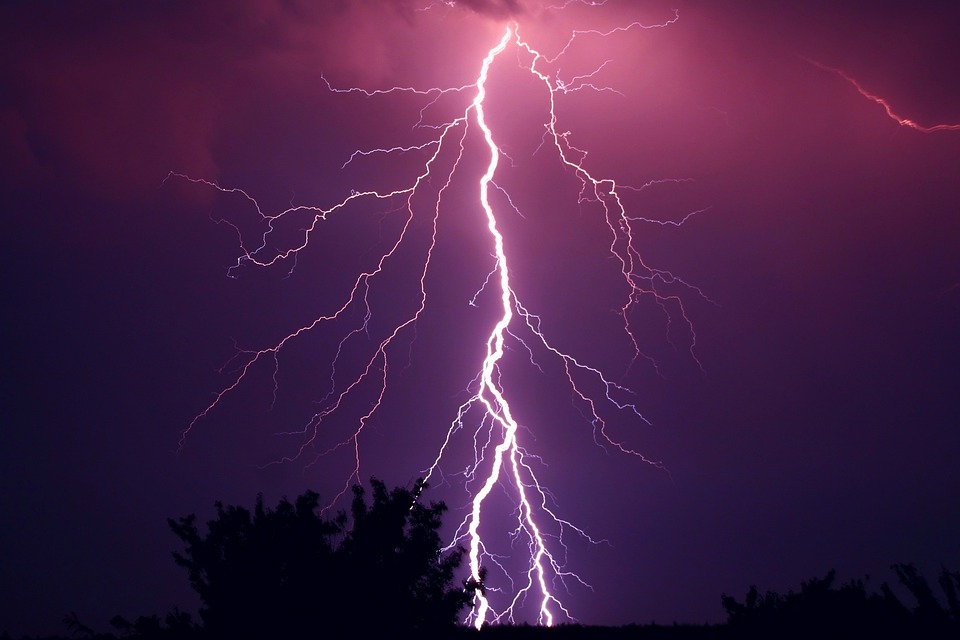Does Littering Cause Global Warming?
Littering, defined as the improper disposal of waste in the environment, and global warming, characterized by the long-term increase in Earth’s average temperature, are interconnected issues that pose significant threats to our planet. This post explores how littering contributes to global warming both directly and indirectly.
What is Littering?
Littering involves discarding waste materials in public spaces rather than in designated disposal sites. Common examples include:
– Plastic bottles
– Food wrappers
– Cigarette butts
– Paper products
The consequences of littering extend beyond aesthetics; it leads to severe environmental issues such as pollution, which harms wildlife and disrupts ecosystems. Unlike proper waste disposal, which involves recycling or composting, littering often results in hazardous conditions for both terrestrial and marine life.
What is Global Warming?
Global warming refers to the increase in Earth’s average surface temperature due to rising levels of greenhouse gases (GHGs) in the atmosphere. The greenhouse effect is primarily caused by:
– Burning fossil fuels
– Deforestation
– Industrial emissions
Human activities, including littering, can exacerbate these issues on a smaller scale, contributing to broader environmental challenges.
Direct vs. Indirect Ways Littering Contributes to Global Warming
Direct Impact of Littering on Global Warming
While litter itself may not directly emit significant GHGs like carbon dioxide (CO₂), certain materials do have indirect effects:
– Plastic Decomposition: Plastics can take hundreds of years to decompose. During this process, they release potent greenhouse gases such as methane and ethylene, particularly when exposed to sunlight (photodegradation).
– Organic Waste: Littered food waste decomposes anaerobically in landfills, producing methane—a gas with a global warming potential 25 times greater than CO₂.
Indirect Impact of Littering on Global Warming
Litter management practices also contribute to GHG emissions:
– Landfill Emissions: When litter is collected and sent to landfills, the anaerobic decomposition generates significant methane emissions.
– Incineration: Burning waste releases CO₂ and other harmful toxins into the atmosphere.
– Energy Costs: The energy used for waste collection and processing often relies on fossil fuels, contributing further to GHG emissions.
– Ecosystem Damage: Litter harms ecosystems that act as carbon sinks. For instance, plastic waste in oceans disrupts marine life that absorbs CO₂.
Plastic Waste and Its Role in Global Warming
Plastic Production
The production of plastics is a major contributor to global warming due to its energy-intensive processes reliant on fossil fuels. This manufacturing stage emits substantial amounts of CO₂.
Microplastics and Climate Change
As plastics break down into microplastics, they persist in the environment for extended periods and can disrupt ecosystems. This disruption reduces the oceans’ ability to act as carbon sinks, further exacerbating climate change.
Littering and Marine Pollution’s Impact on Global Warming
Ocean Pollution
A significant amount of litter, especially plastics, ends up in oceans, disrupting marine ecosystems that play crucial roles in climate regulation.
Damage to Marine Life
Litter impacts marine organisms like plankton that are vital for carbon absorption. Reduced biodiversity weakens the ocean’s capacity to mitigate climate change.
Ghost Fishing Gear
Lost fishing nets continue to trap marine species, further depleting populations that help maintain balanced ecosystems essential for carbon sequestration.
Ways to Reduce Littering’s Contribution to Global Warming
– Reduce Plastic Use: Encouraging reduced reliance on single-use plastics and promoting biodegradable materials can significantly decrease plastic waste.
– Proper Waste Disposal: Ensuring waste is disposed of correctly—through recycling or composting—can mitigate litter-related issues.
– Public Awareness and Policies: Education campaigns and government initiatives can effectively reduce littering behaviors. Successful examples include plastic bans and deposit return schemes that incentivize responsible waste management.
Frequently Asked Questions (FAQs)
1. Does littering directly cause global warming?
– While it does not directly release large amounts of GHGs, the decomposition of materials like plastic and organic waste contributes indirectly to global warming.
2. How does plastic litter contribute to global warming?
– Plastic production is carbon-intensive; its decomposition releases methane and other gases while harming ecosystems that absorb CO₂.
3. What is the role of landfills in litter and global warming?
– Landfills produce methane during anaerobic decomposition of organic matter found in litter, significantly contributing to GHG emissions.
4. Can reducing littering help slow down global warming?
– Yes, reducing litter—especially plastics and organic waste—can lower methane emissions and protect vital carbon sinks.
5. Does marine litter affect climate change?
– Yes, it disrupts ecosystems crucial for regulating climate by harming species like phytoplankton that absorb CO₂.
Conclusion
In summary, while littering may seem like a minor issue compared to larger environmental challenges, it plays a significant role in contributing to global warming through various indirect pathways. Addressing litter—particularly plastics and organic waste—is essential for mitigating climate change impacts. Individuals, businesses, and governments must adopt sustainable practices and take responsibility for reducing litter to combat this pressing issue effectively.

Kyle Whyte is a notable scholar and professor at the University of Michigan, holding positions such as the George Willis Pack Professor in the School for Environment and Sustainability and Professor of Philosophy. Specializing in environmental justice, his work critically examines climate policy and Indigenous peoples’ ethics, emphasizing the nexus between cooperative scientific endeavors and Indigenous justice. As an enrolled Citizen Potawatomi Nation member, he brings a vital perspective to his roles as a U.S. Science Envoy and member of the White House Environmental Justice Advisory Council. His influential research is supported by various prestigious organizations including the National Science Foundation, and disseminated through publications in high-impact journals. Kyle actively contributes to global Indigenous research methodologies and education, with affiliations to numerous institutes and societies dedicated to traditional knowledge and sustainability. Recognized for his academic and community engagement, Kyle has earned multiple awards and served in various visiting professorships. His efforts extend to leadership positions on boards and committees focused on environmental justice nationwide.
